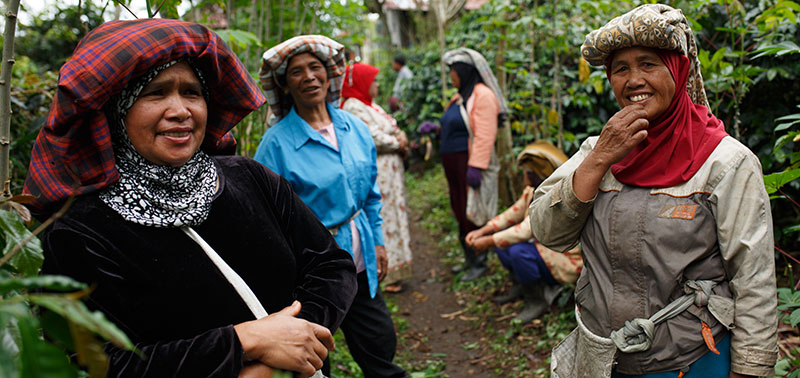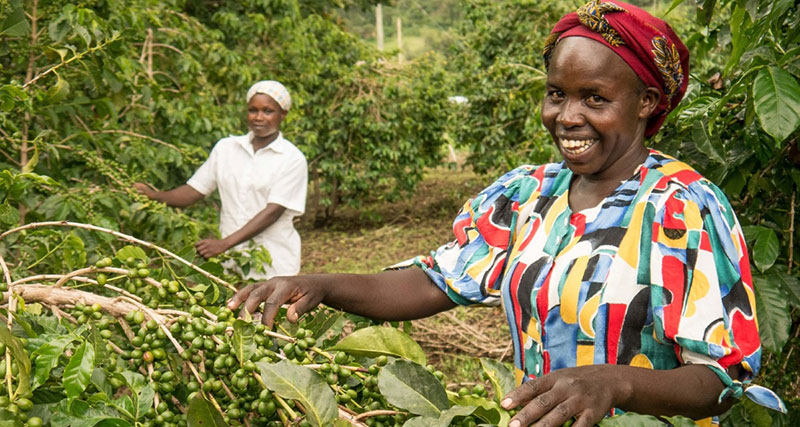Ask me about my Feminist Agenda
On June 21st and 22nd, I joined fellow feminists at The Global Centre for Pluralism here in Ottawa for the Women’s Economic Empowerment Event (WEE).
This event, held by Oxfam Canada and the International Development Research Centre (IDRC) in collaboration with Global Affairs Canada, led a collaborative workshop exploring a feminist approach to women’s economic empowerment.
What exactly does women’s economic empowerment mean? This radical proposal was introduced in the 1980s with the goal of tackling the underlying and systemic inequalities that exist in our economy that disadvantage, exclude and harm women by promoting women’s rights, gender equality and social justice. We know that women’s participation in the economy is crucial in the fight to eradicate poverty and achieve a thriving economy that works for everyone. We also know that it is not enough to simply provide women with economic opportunities without addressing the systemic inequalities they face. This is where a feminist approach to women’s economic empowerment comes in. This approach takes into consideration the structural and social barriers that prevent women from achieving their full and equal economic rights. Currently, all too often women are likely responsible for carrying the responsibility of unpaid care work for their families, they have less access to agricultural services, and they are likely not the owners of agricultural land. By supporting organisations that focus on women’s labour rights and by investing in this work, we can start to dismantle the systemic roadblocks barring women’s economic autonomy.

The two-day collaborative workshop brought together around 40 Canadian and international stakeholders. We participated in panel discussions, interactive sessions and group discussions. Some of the notable speakers included Jeni Klugman, Managing Director at the Georgetown Institute for Women, Peace and Security, Rukia Cornelius, Women’s Economic Empowerment Lead at Oxfam South Africa, Renana Jhabvala, National Coordinator at the Self-Employed Women’s Association (SEWA), Martha Chen, Lecturer in Public Policy at the Harvard Kennedy School and Sarah Gammage, Director of Gender, Economic Empowerment and Livelihoods at the International Center for Research on Women (ICRW).
For me, this workshop reinforced the importance of these conversations and the continued need for multi-stakeholder collaboration in order to make lasting impact. Women who are part of grass roots movements need a seat at the table and to be at the centre of the decision-making, not just in the periphery. I am proud to work for an organization that strives to make this happen. How does Fairtrade bring women to the forefront? We know that at least half of the world’s agricultural work is done by women, but due to a lack of productive resources, like land, their yields are 20-30% lower than men’s. Fairtrade seeks to tackle this unequal power relation through our Strategic Framework and rebalance power distributions. Gender equality is at the core of the Fairtrade Standards, which includes criteria such as no pregnancy tests during the recruitment process and set maternity leave. And in 2015, Fairtrade reviewed its Gender Strategy (PDF), which aims to close the gender gap and set a clear direction for Fairtrade’s global work on gender for 2016-2020.

There are many examples where the Fairtrade Premium is used to enable economic empowerment of women in communities. Some projects funded through the Premium are used to alleviate the unpaid care work that likely fall on the women, from providing child care, installing street lights for safety, access to drinking water or efficient cook stoves. In turn, we have seen a rise in women-only coops, women on leadership committees and women-owned land. Projects like “Growing Women in Coffee” encouraged the transfer of coffee bush ownership to 150 women coffee farmers in the Kapkiyai Cooperative in Kenya, and is continuing to grow. This project enables women to earn an independent income, and for most, this was for the first time. Right here at home, we have seen partnerships between coffee companies and producer organisations to grow women’s initiatives. In 2011, Planet Bean Coffee, located in Guelph Ontario, linked the women in their community with indigenous women from Café Femenino in the Northern Andes. Café Femenino has been working with women groups in several countries in Latin America, in Rwanda and in Sumatra, ensuring that the women can grow their own coffee and reap the benefits of their work.
We need to continue to support these initiatives because when the women in our communities have the tools to provide for themselves as well as their families, we build more resilient households and stronger communities where everyone can thrive.